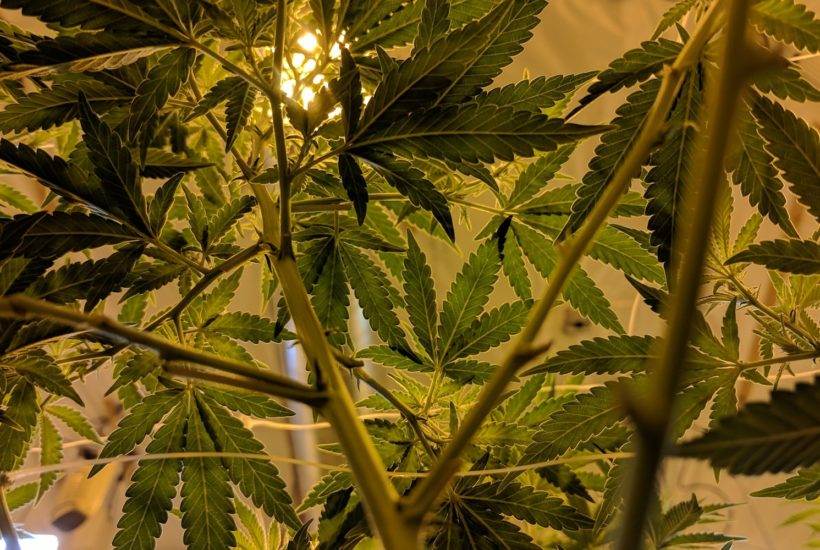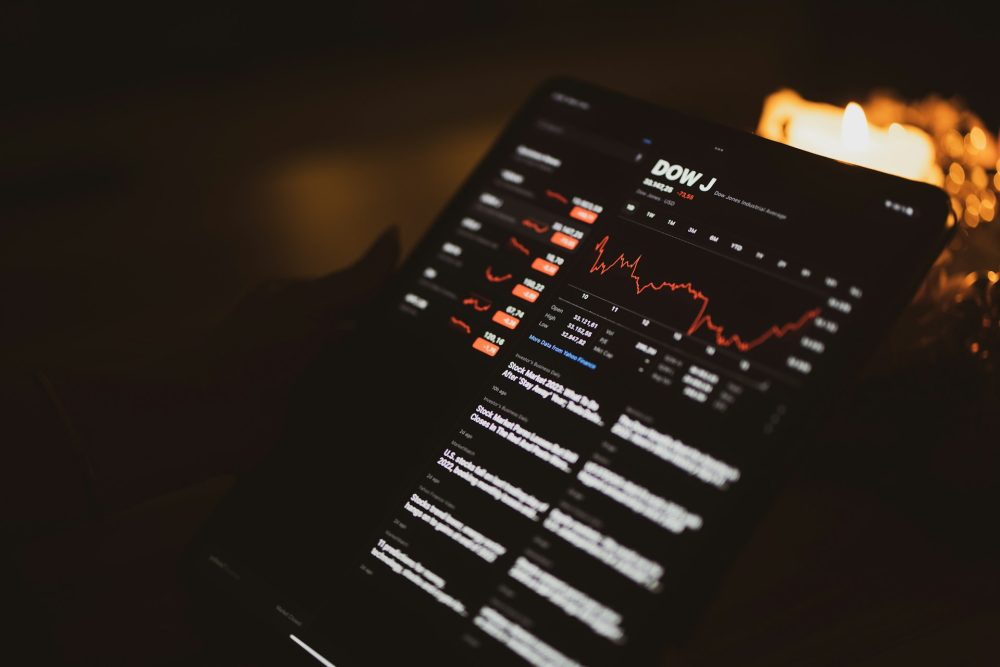Cannabis
Mexico’s president stands against recreational cannabis legalization
Producing, buying, and consuming cannabis in Mexico will soon be legal. Morena, the Andrés Manuel López Obradorparty, presented a bill in the Senate that regulates the production, sale, and consumption of cannabis. The president is against cannabis for recreational use but supporting it for medical purposes only. Entrepreneurs are already ready to enter the cannabis business.

Mexican President, Andres Manuel Lopez Obrador, said that he is against cannabis legalization for recreational use, despite the fact that this proposal is on the table of the legislators and has divided opinions in his party, the leftist National Regeneration Movement (Morena).
The Hemp.im mobile application was created to facilitate the search for information about cannabis from around the world. Our app is currently a global reference on the web for information about marijuana reports, opinion, advice, medical uses, science, warnings, cooking, science, studies, research and much more. Download Hemp.im mobile application to keep informed about the latest cannabis happenings.
López Obrador’s anti-drug campaign
López Obrador, in presenting an anti-drug campaign during his morning conference, stated that he is not thinking of a measure to regulate cannabis for recreational use, but one “for medical purposes only, for health purposes only.
“The Senate is analyzing everything that will help to ensure that there is no violence, that consumption does not increase, and that at the same time, medical care is guaranteed to those who require it,” he summarized.
Cannabis regulation reforms
“This issue of chemical, or synthetic cannabis, is very important to us because its the most destructive and harmful in existence,” said the president when asked specifically about this product.
Despite this line of thinking of the President, earlier this month, Mexican businessmen and specialists created the Mexican Council for Cannabis and Hemp. A body that aims to be a link between private initiative, the health, tourism, pharmaceutical and agricultural sectors, and the regulatory authorities to exploit the cannabis market.
In January this year, the president of the Senate’s Political Coordination Board, Ricardo Monreal, said he hoped the reform on cannabis regulation would be approved before April. The project led by the senator from López Obrador’s party proposes to decriminalize recreational cannabis use and to increase the amount a person can carry from 5 to 28 grams and to establish a license to hold a larger volume.
Medical and scientific cannabis use approved by the Mexican legislature
Monreal’s proposal is not the only one registered in the chambers, since, among others, Morena’s deputy Mario Delgado proposed the creation of a state monopoly to commercialize the substance at the end of last year, and the Secretary of the Interior, Olga Sánchez Cordero, also showed her intention to decriminalize its use.
In mid-2017, the Mexican legislature approved the medical and scientific cannabis use, but the Federal Commission for Protection against Health Risks (Cofepris) has not since implemented a regulation to facilitate the marketing and import of products derived from cannabis.
Entrepreneurs are ready to enter the cannabis business
In October 2018, the Supreme Court of Justice of the Nation (SCJN) established jurisprudence for the recreational consumption of cannabis by the ruling, for the fifth time, the unconstitutionality of the absolute prohibition to the recreational cannabis use.
Entrepreneurs of cannabis products have already said they are ready to enter the business of producing and marketing. It is estimated that by 2021 the legal cannabis market will be worth more than $31 billion, with a concentration of 80% of transactions in North America. Today, the industry already moves about a billion dollars annually in the world derived from this type of product.
__
(Featured image by Drew Taylor on Unsplash)
DISCLAIMER: This article was written by a third party contributor and does not reflect the opinion of Born2Invest, its management, staff or its associates. Please review our disclaimer for more information.
This article may include forward-looking statements. These forward-looking statements generally are identified by the words “believe,” “project,” “estimate,” “become,” “plan,” “will,” and similar expressions. These forward-looking statements involve known and unknown risks as well as uncertainties, including those discussed in the following cautionary statements and elsewhere in this article and on this site. Although the Company may believe that its expectations are based on reasonable assumptions, the actual results that the Company may achieve may differ materially from any forward-looking statements, which reflect the opinions of the management of the Company only as of the date hereof. Additionally, please make sure to read these important disclosures.
First published in INFORMADOR.MX, a third-party contributor translated and adapted the article from the original. In case of discrepancy, the original will prevail.
Although we made reasonable efforts to provide accurate translations, some parts may be incorrect. Born2Invest assumes no responsibility for errors, omissions or ambiguities in the translations provided on this website. Any person or entity relying on translated content does so at their own risk. Born2Invest is not responsible for losses caused by such reliance on the accuracy or reliability of translated information. If you wish to report an error or inaccuracy in the translation, we encourage you to contact us.

-

 Markets2 weeks ago
Markets2 weeks agoThe Big Beautiful Bill: Market Highs Mask Debt and Divergence
-

 Africa2 days ago
Africa2 days agoORA Technologies Secures $7.5M from Local Investors, Boosting Morocco’s Tech Independence
-

 Markets1 week ago
Markets1 week agoA Chaotic, But Good Stock Market Halfway Through 2025
-

 Business4 days ago
Business4 days agoThe Dow Jones Teeters Near All-Time High as Market Risks Mount

























